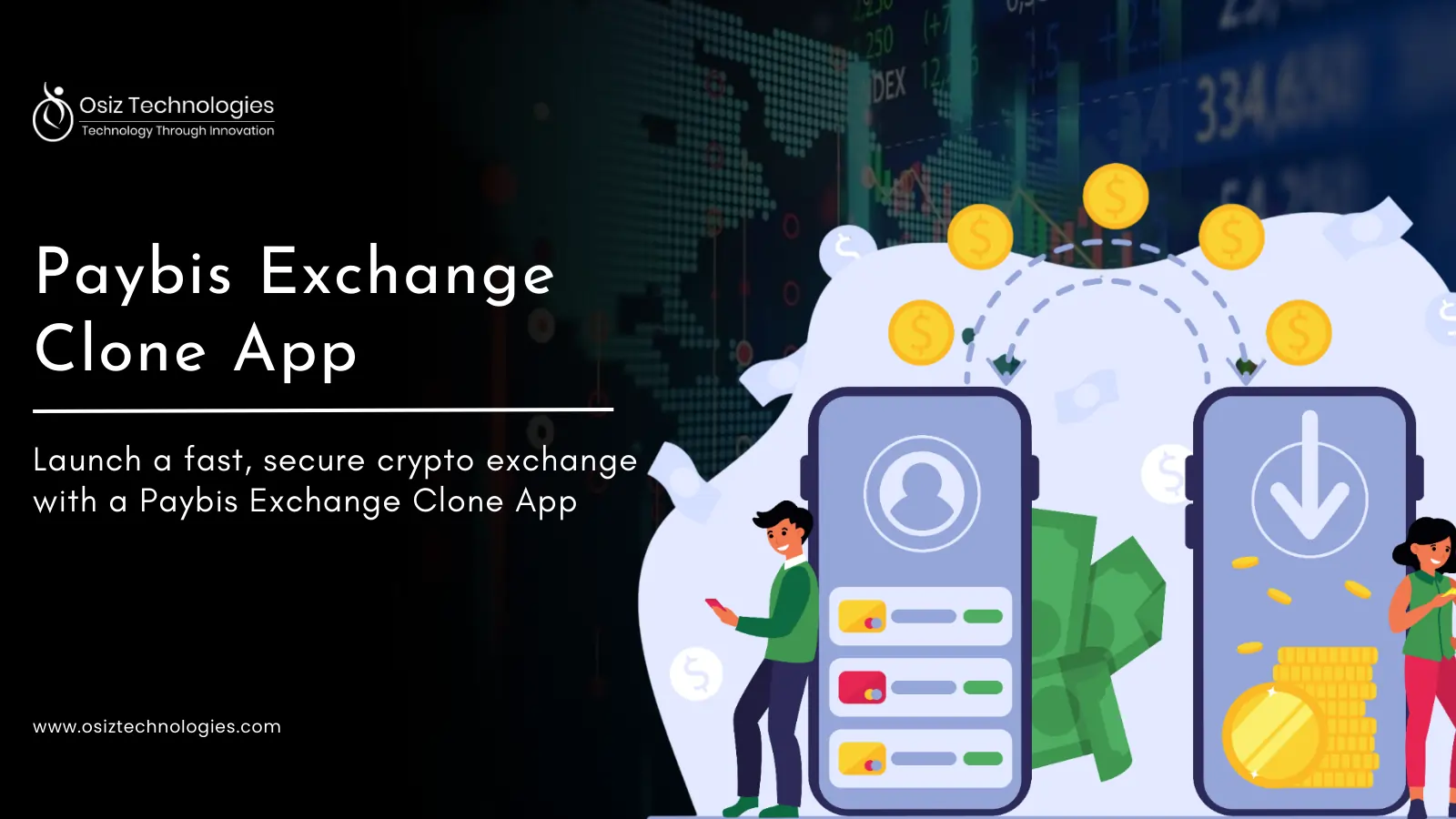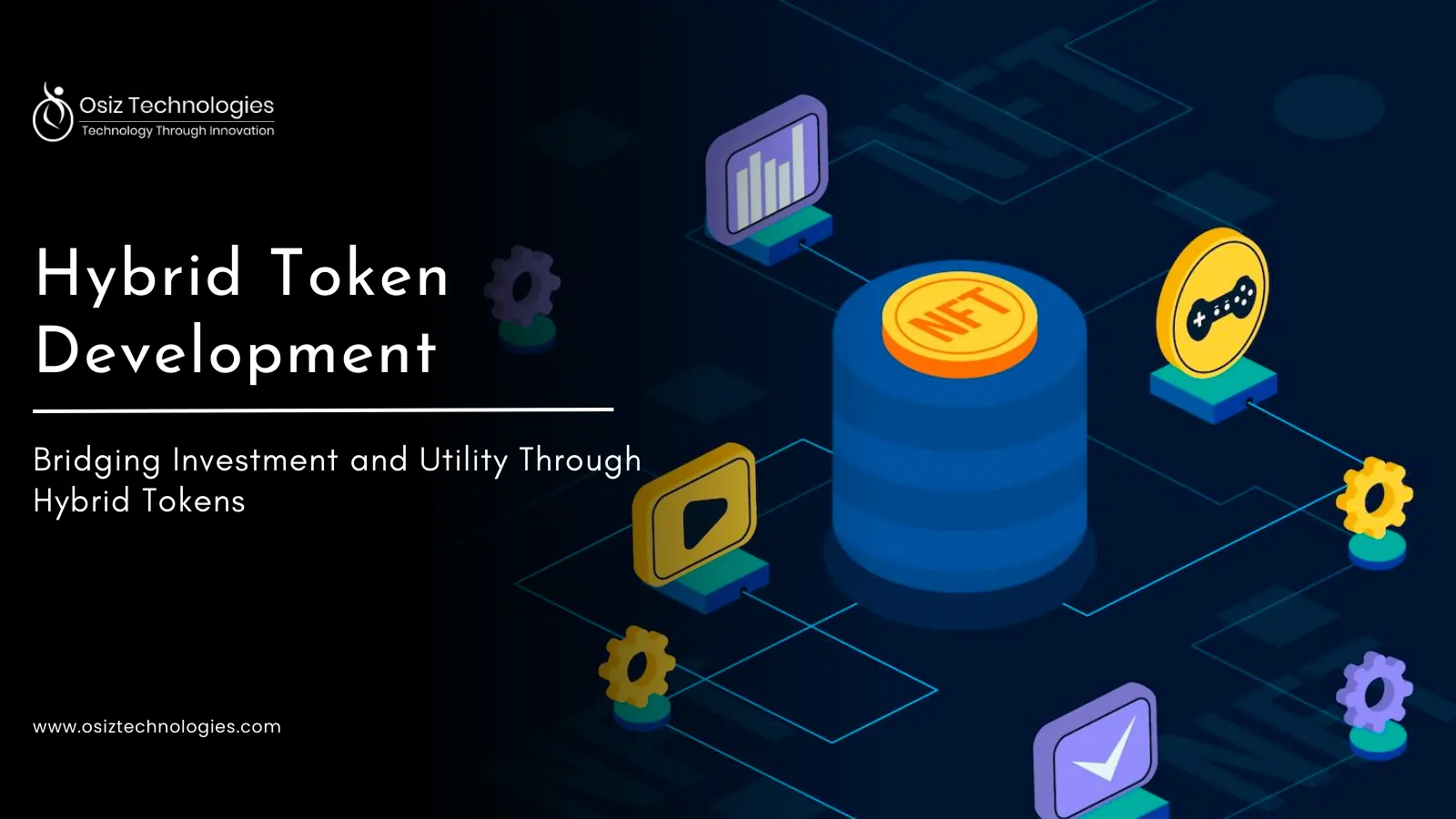Blockchain technology is predicted to transform the gaming industry and as per the record, blockchain gaming activity has risen 2000% between 2021 and 2022. This competitive landscape, shaped by intricate micro and macroeconomic dynamics, has positioned blockchain gaming as a valuable asset, drawing over $2.5 billion in investments from venture capitalists and global investors. This increasingly decentralized metaverse environment, which is expected to grow into a $8 trillion industry, continues to be driven by innovation. To understand on the rise of blockchain gaming and the prospects of it in 2025, read the blog.
Let’s Get In!
What is Blockchain Gaming?
Blockchain games are developed in decentralized, distributed ledgers with secure and transparent records of all transactions. This technology can create a new gaming experience where players can use cryptocurrencies and NFTs to make purchases in an online game that can be traded for real money.
For example, Axie Infinity, a blockchain-based game, has already attracted millions of users worldwide. Gamers use Ethereum-based coins for in-game transactions. This platform allows the users to fully own their digital assets and trade in an open market. Furthermore, they can participate in decentralized economies in virtual worlds.
Stats on Blockchain Gaming: A Growing Trend
The blockchain gaming sector is undergoing a magnificent process of development. It grows step by step while gradually moving towards sustainable growth. Some recent statistics show a promising trend in the sector:
Investment Surge
The blockchain gaming business attracted $50 million in investment in August 2024, up 117% from July 2024. This is a very high surge of investments, indicating that investors are increasingly gaining confidence in blockchain games for the long term.
Major Funding Events
Some notable investments of September are
- Gameplay Galaxy collected 11 million dollars.
- Tokyo Double Jump secured $10 million.
These investments are projected to increase the amount of blockchain games accessible, hence improving the entire gaming experience.
Shift in Investor Focus
Investors are increasingly prioritizing projects that demonstrate lasting value over quick profits. According to Ilman Shazhaev, CEO and co-founder of Farcana, the emphasis is on games that integrate blockchain technology as a complement to gameplay rather than as a core feature.
Ecosystem Development
The focus is now more towards developing a strong healthy and diverse ecosystem for both the players and developers in this space of GameFi. Developers who fail to adapt to this trend risk being left behind as the market continues to lean towards blockchain and Web3 solutions.
Future Outlook
The significant investment in August marked a turning point for the transition of blockchain games from speculative funding to long-term sustainable growth. In a more mature market, we are likely to continue seeing more use of blockchain technology by games to add real value without being intrusive to the player and the developer.
Market Evolution
The new investment, therefore, represents not only the growth potential within the blockchain gaming ecosystem but also a desire of investors towards games with staying power and utility.
Strengths of Blockchain Gaming
Blockchain gaming is revolutionizing the game industry because it has a variety of innovations and advantages that regular games do not. Let’s now explore the blockchain gaming strengths:
True Player Ownership
Blockchains possess unique characteristics. Blockchain games provide players with real ownership of the game's assets. Players can receive rewards or assets with value outside of the game, which is an asset they can profit from based on the time and effort they put into gameplay. This gives players real investment opportunities, which has helped increase their engagement and satisfaction in the game.
Play-to-Earn Model
Players are rewarded with very large rewards from the first moment they begin playing. Such rewards can be traded on various platforms and may render the experience of playing much more addictive and drive continued involvement. During leisure time players play games as a source of potential income, and that's a very good reason for involving the player in such games.
Market-Driven Asset Valuation
Values for in-game assets here are decided not by mere choices of developers but by the market altogether. The value of every asset in the economy is defined based on the supply and demand model, and it assigns tasks to the player to maximize game investment.
Community Engagement
Blockchain games usually have a healthy and thriving community, which is a good motivational factor for developing games. Such communities provide feedback, suggest improvement, and make content, which leads to a collaborative working environment. The decentralized structure of blockchain allows players to influence the game's direction, strengthening their ownership.
Social Interaction
Blockchain games incorporate social elements that enhance the overall gaming experience. Players can form alliances, participate in cooperative missions, and engage in peer-to-peer trading. These social interactions not only make gaming more enjoyable but also contribute to the game's economy, as players collaborate and compete in meaningful ways.
Transparency and Security
Blockchain technology incorporates transparency in the transactions performed and ensures the safety of the assets belonging to the players. Blockchain records have been considered immutable, and this shuts all the doors for fraudulent activities, thereby creating a transparent gaming environment for the participants.
Future of Blockchain Gaming: Prospects for 2025
The future of blockchain gaming is poised for significant transformation by 2025, as the technology continues to gain traction within the mainstream gaming industry.
Mainstream Integration
Huge companies that run games will start integrating blockchain elements into their flagship titles, ranging from AAA game development to successful indie groups. So, expect things like NFT-based in-game assets, decentralized economies, and Play-to-Earn (P2E) models. As these innovations become familiar to players, blockchain will evolve from a niche concept to a standard component of the gaming experience.
Enhanced Scalability and User Experience
Improvements in scalability, user experience, and accessibility are what will propel larger populations toward blockchain games. Simplified onboarding processes and improved gameplay mechanics will help make blockchain features more accessible to gamers, thus propelling adoption.
Interoperability Across Platforms
The high expectation for blockchain games in 2025 would be the cross-platform portability of digital assets. Using blockchain, players will engage conveniently with assets such as NFTs, currencies, and characters across multiple games and ecosystems. This interconnectedness will create a cohesive gaming universe where achievements and investments can be taken from one game to the next game and, therefore, amplify the value of digital assets overall.
Focus on Sustainability
Environmental issues associated with blockchain technology are going to be addressed better in the future. By 2025, more energy-efficient consensus techniques like as proof-of-stake, proof-of-space, and proof-of-time will be the norm. Carbon-neutral or carbon-negative concepts in the world of blockchain gaming will enhance sustainability even more. It will resonate with green-conscious gamers and neutralize concerns regarding the ecological footprint of blockchain operations.
Evolving Models of Ownership and Participation
Blockchain technology will continue to redefine ownership and participation in gaming. Players will have full control of their in-game assets, allowing them to freely purchase, sell, and trade anything in a decentralized marketplace. This shift not only enhances player agency but also creates opportunities for developers to create unique monetization strategies through secondary markets.
New Economic Models
Without a doubt, the advent of blockchain will introduce highly innovative economic models in a game. Players may receive the reward not only for their in-game contributions but also for governance and decision-making processes within decentralized ecosystems. Participation in such parameters will create more solid player communities and keep players occupied.
Innovative Gameplay Experiences
As blockchain gaming matures, we can expect more innovative, creative, and unique gameplay experiences should now start coming. Game developers will then be able to use blockchain technology for unique game mechanics, dynamic economies, and novel storytelling techniques that would otherwise be impossible in a traditional gaming environment.
Wrapping Up
Blockchain technology is now changing the gaming industry by opening new opportunities for asset ownership and player rewards in decentralized economies. Blockchain games will therefore compete globally, giving more gaming experience and financial incentives to their players. Partner with the leading Blockchain Game Development Company like Osiz to build your own game to own, and trade digital assets.
Listen To The Article












